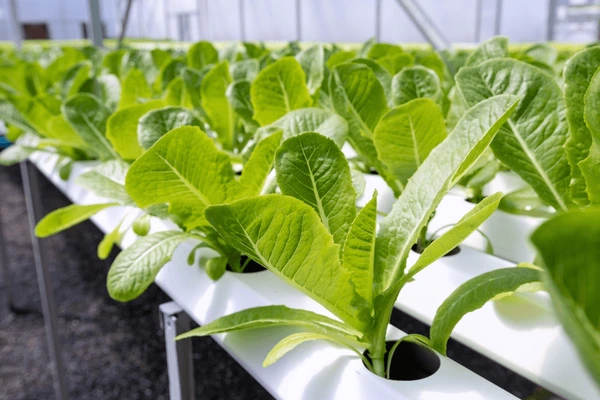Crop Research
- Home
- What We Do
- Crop Research

Crop Research
Crop research in Bangladesh is a dynamic field with significant focus on improving agricultural productivity and sustainability. Here’s a snapshot of the key areas and advancements in crop research in the country:
Rice Research: Rice is the staple food in Bangladesh, so a major portion of crop research is devoted to this grain. Scientists are working on developing high-yielding, drought-resistant, and flood-tolerant rice varieties. The introduction of varieties like Boro rice and improved versions of Aman and Aus rice has helped enhance food security.
Vegetables and Fruits: Research in this area aims at increasing productivity and resilience of various vegetables and fruits. This includes developing new varieties that can withstand local pests and diseases and adapting to the changing climate.
Service Benefits
Crop research provides a wide range of benefits that significantly impact agriculture, the environment, and society at large. Here’s a breakdown of the service benefits:
Increased Crop Yields
Improved Crop Resilience

Working Strategies
Effective crop research relies on a range of strategies to address agricultural challenges, enhance productivity, and promote sustainability.
Research Planning and Prioritization
Breeding and Genetic Improvement
Climate and Environmental Adaptation
Data Collection and Analysis
Service FAQ’s
-
What is crop research?Crop research involves studying various aspects of crops to improve their growth, yield, quality, and resistance to pests and diseases. This includes developing new varieties, optimizing agronomic practices, and addressing environmental challenges to enhance agricultural productivity and sustainability.
-
Why is crop research important?Increase Food Security: By developing high-yielding and resilient crop varieties, it ensures a stable food supply.
Improve Crop Quality: Enhances nutritional value and marketability of crops.
Adapt to Climate Change: Develops crops that can withstand extreme weather conditions.
Promote Sustainability: Implements practices that protect the environment and conserve resources. -
How are new crop varieties developed?New crop varieties are developed through:
Traditional Breeding: Cross-breeding plants to combine desirable traits.
Genetic Engineering: Introducing specific genes to confer new traits.
Marker-Assisted Selection: Using genetic markers to select plants with desired characteristics more efficiently.

